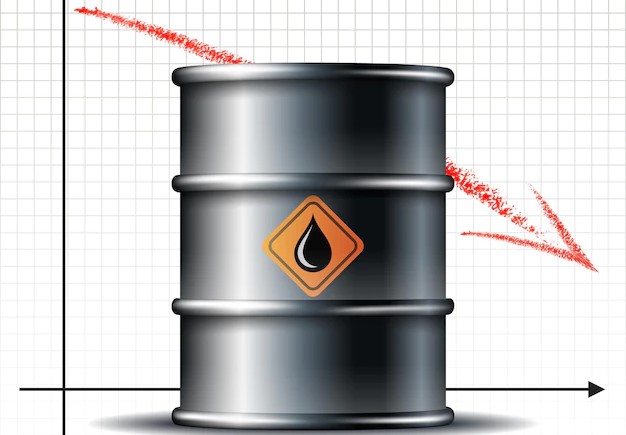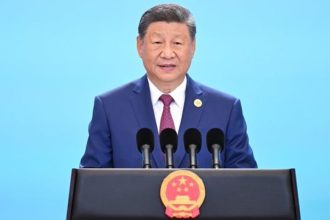The fuel consumption in Pakistan has dropped by a 22% decline in POL product consumption, and Pakistan may face a PDL gap of Rs 350 billion.
According to sources, the government of Pakistan may ask for two waivers from the International Monetary Fund (IMF), as it could not get passed State Owned Enterprises (SOEs) law and achieve Net International Reserves (NIR).
Pakistan and the IMF conducted technical-level virtual meetings without a timeline for policy-level parleys to conclude the 9th Review and release $1 billion under the Extended Fund Facility (EFF).
The IMF estimated the government would face a shortfall of Rs0.35 trillion in the current fiscal year due to decreasing POL consumption. The FBR’s target of Rs7.4 trillion remains intact, but PDL is projected to fall short in the current fiscal year.
The government expected Rs0.855 trillion in PDL. First-quarter revenue was only Rs0.47 trillion.
MS fuel and HOBC have a maximum levy of Rs50 per liter. The revised forecast said the government might earn Rs0.5 trillion this fiscal year.
After the devastating floods, the government must adjust the current fiscal year’s macroeconomic and budgetary framework. Floods pushed GDP growth to 2% and inflation to 23 to 25%.
All other targets will be modified with nominal growth near 25%, including tax-to-GDP ratio, fiscal deficit, and current account deficit.
A close ally of the Finance Minister told this scribe the IMF had asked about flood-related spending in the current fiscal year. The official stated, “We’re calculating flood-related spending for the current fiscal year.” He stated that the IMF would provide loans up to the amount needed to meet the current fiscal year’s budget deficit objective.
The Public Sector Development Programme (PSDP) will be amended downward, and some monies will be modified for flood-related expenses. The current fiscal year would spend between Rs300 and Rs350 billion on flood-related expenses.
The person stated the government hasn’t hit its primary surplus target. He said the government would try to cover the PDL gap by increasing SBP revenues.
The government must seek a waiver on SOEs law because it cannot be done by September 30.
Due to high uncertainty, the planned privatization of SOEs could not occur, but Pakistani authorities promised the IMF they would improve governance, transparency, and efficiency while limiting budgetary risks.
SOE legal and regulatory frameworks are being strengthened. Pakistani officials filed a new SOE law to parliament, which was accepted in 2022. Senate approval is needed. It missed the September 30, 2022, deadline.






